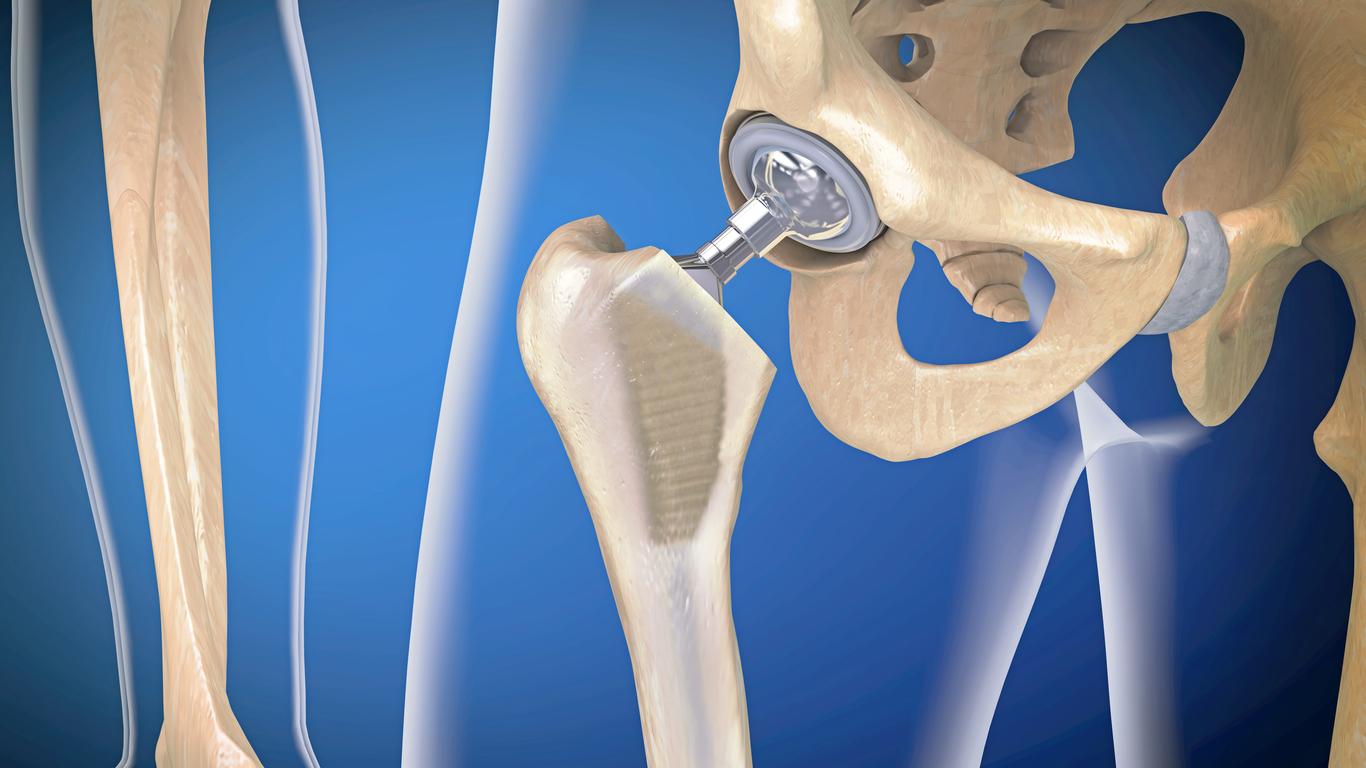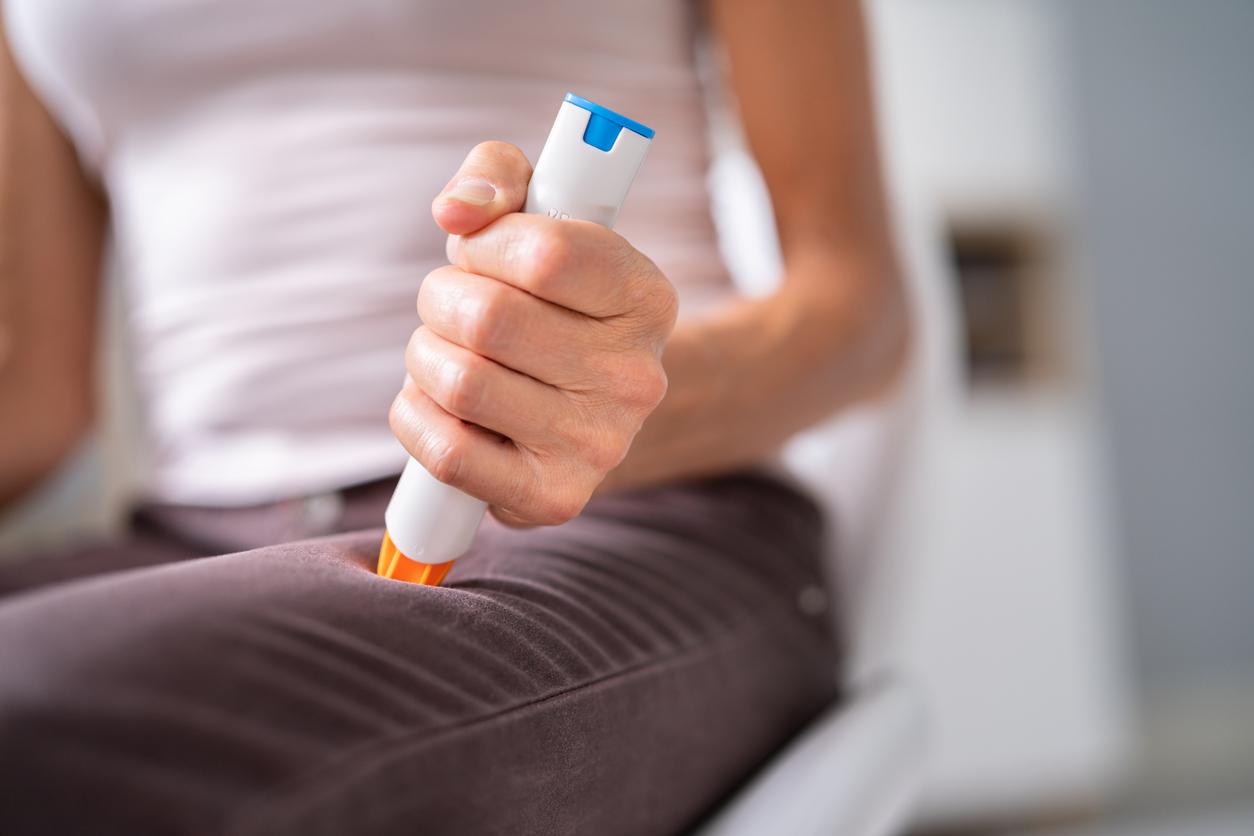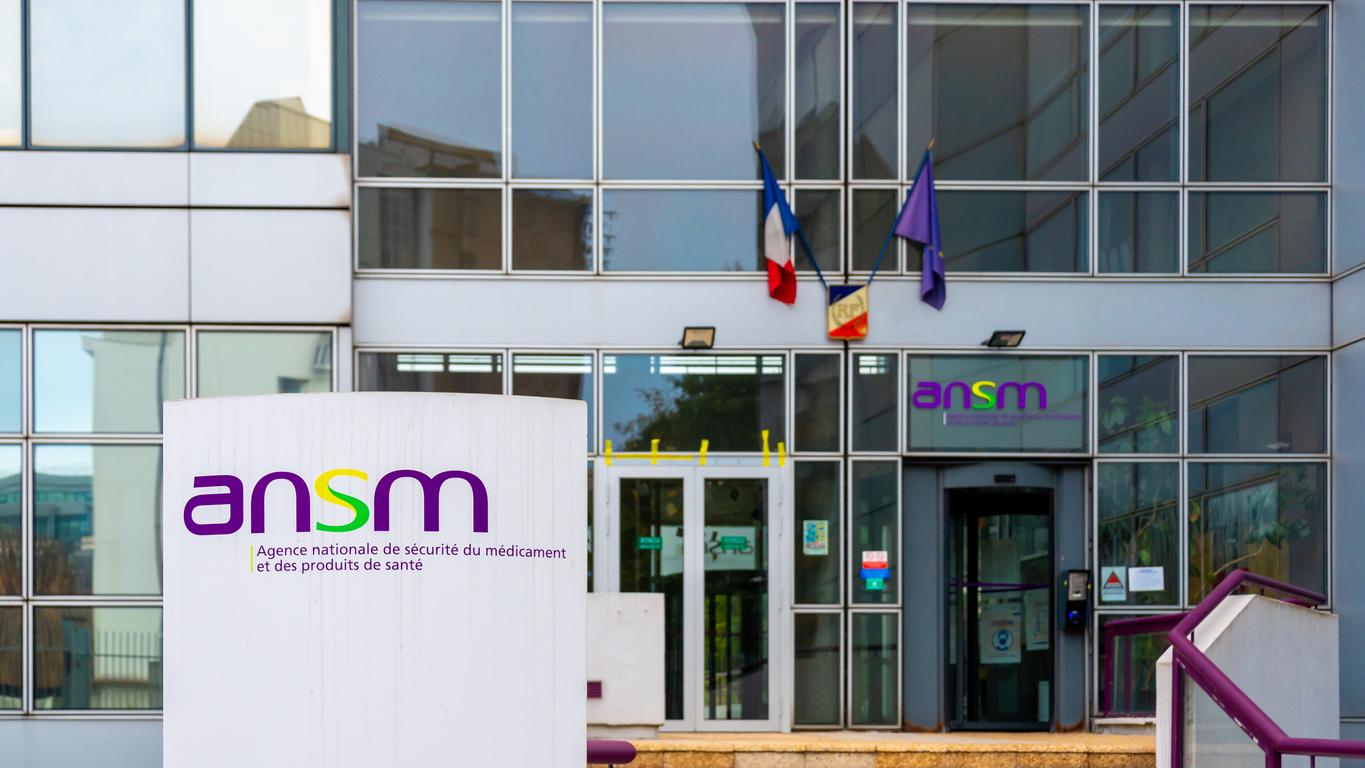Baclofen, recently administered to treat alcohol addiction, should not be used for eating disorders or slimming diets, warns the Agency of the drug.

Baclofen should not be prescribed for eating disorders or slimming diets. Such is the stake of the‘National Agency for the Safety of Medicines and Health Products (ANSM).
A medicine used to treat alcohol dependence
ANSM agents have indeed observed the use of baclofen to treat these disorders, while the drug does not benefit from a prescription authorization in this specific context. The ANSM therefore formally advises against the use of the drug “in the absence of demonstration of a benefit in these situations, and of a considerable risk of occurrence of potentially serious adverse effects”. In the treatment of alcohol dependence, the ANSM indeed mentions side effects which can range from nausea, vomiting to suicide attempts to heart problems.
Baclofen is a muscle relaxant. It has been granted marketing authorization for spastic spastic disorders and multiple sclerosis since 1975. The drug has also benefited from a temporary recommendation for use (RTU) in the treatment of alcohol dependence since March 2014. This RTU allows agents in particular to carry out clinical trials in order to test the effectiveness of this treatment. The use of baclofen to treat this alcohol addiction is subject to strict conditions and should only be administered in the event that other treatments prove ineffective. Baclofen primarily helps addicts maintain abstinence after withdrawal or reduce alcohol consumption to low levels in high risk patients. Depending on the conditions of the RTU, the initial daily dosage should start at 15 mg per day before increasing very gradually (+5 mg per day, then +10 mg per day) in 2-3 day increments until obtained. a possible clinical response (expected effect).
In 2011, the ANSM set up a pharmacovigilance system in the face of the growing use of baclofen without market authorization.
.















